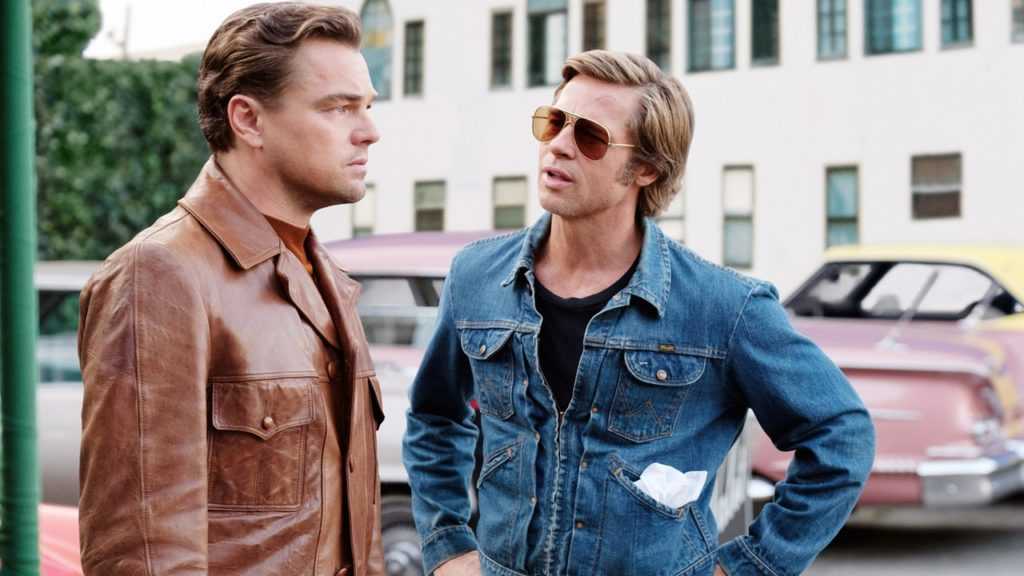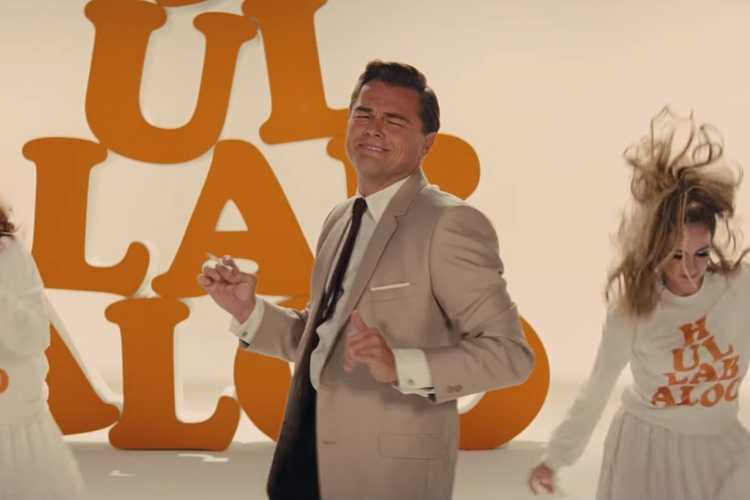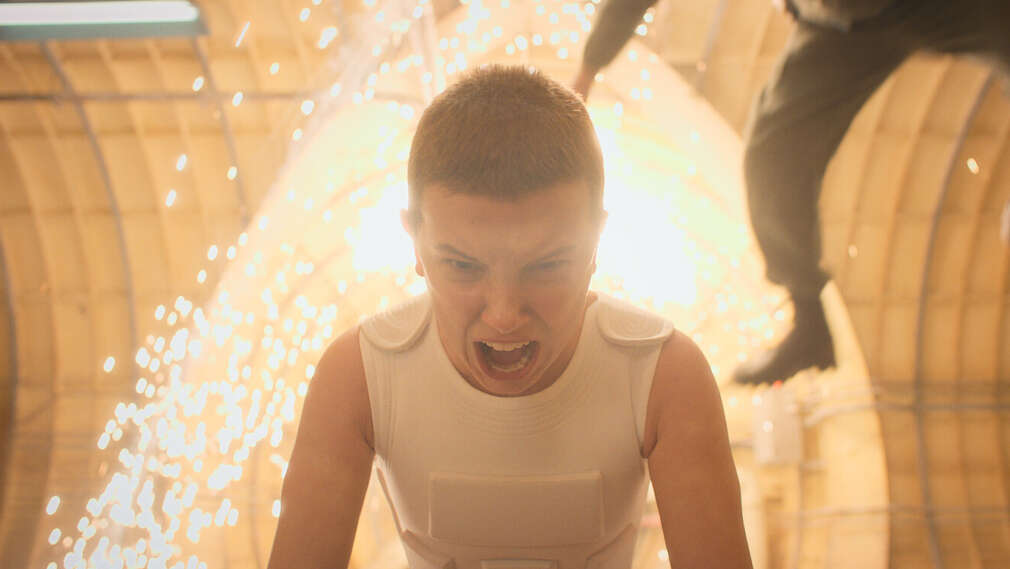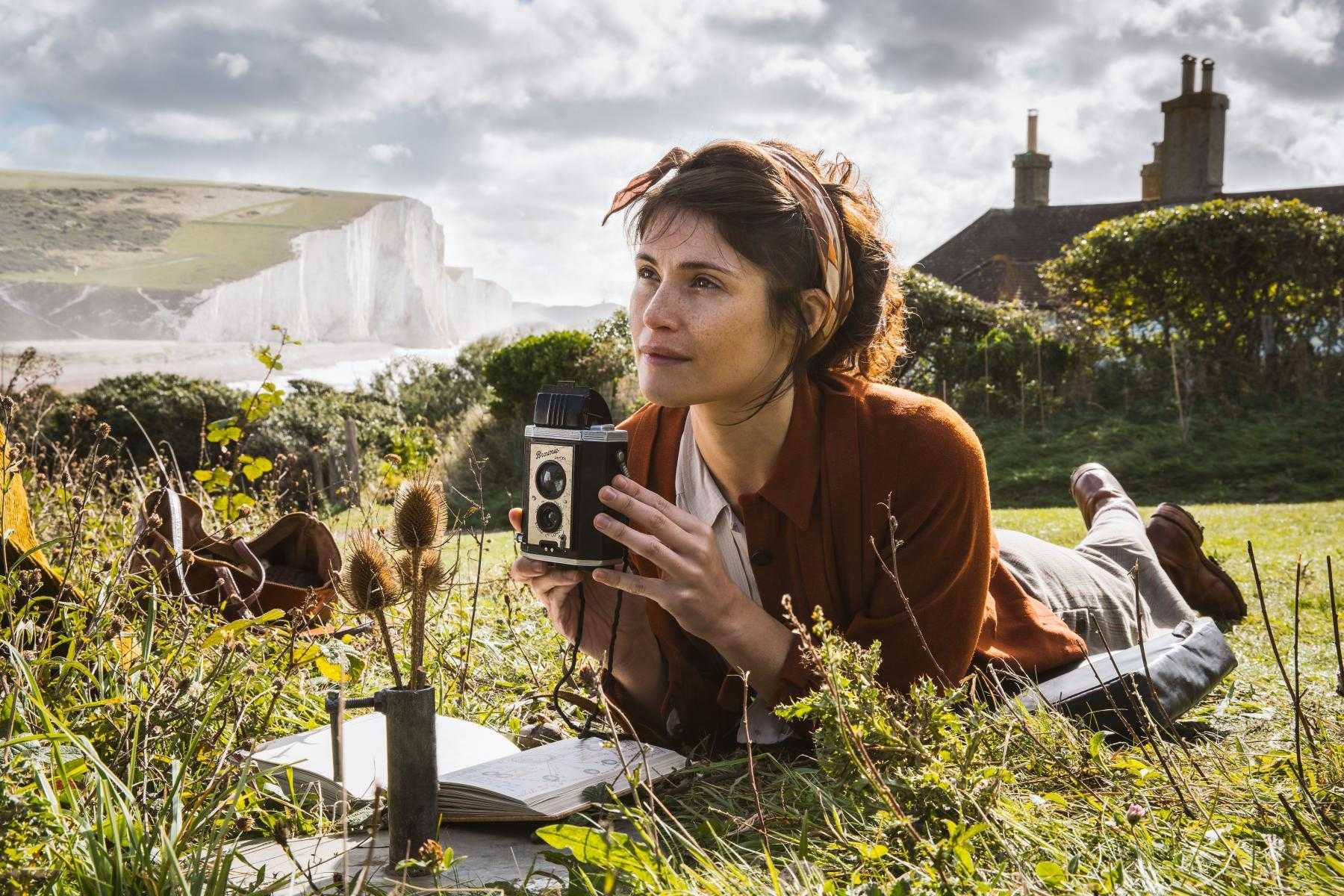This is Quentin Tarantino’s 10th film. Let’s be clear about that. The significance? He’s always claimed he’d be bowing out after 10. Never to direct again. His peers can barely believe he’d claim such a ridiculous thing, with Paul Thomas Anderson quoted as saying he ‘doesn’t understand how he can take himself seriously saying that’. A quick scan of QT’s IMDB director credits reveals a surprising plethora of directorial guest spots, TV credits and short films. But Once Upon A Time… In Hollywood is most certainly his 10th film. Quentin, on the other hand, would have you believe Kill Bill Volumes One & Two are a singular entity. Thus opening things up for one more movie before he absconds from cinema. But that’s simply not going to happen. A director like Quentin Tarantino does not drop the mic and walk away when he clearly loves cinema as much as he does. He most certainly does not drop his penultimate film on us like the fantastical yet nightmarish bomb it is. This is his love letter to cinema, to Hollywood, to LA and to the past. Yet it’s QT’s rose-tinted and nostalgic view of this period in time, that is ultimately his downfall.
Tarantino, owner and head programmer of the New Beverly Cinema in California, recently appeared on a 3-hour podcast run by the cinema itself. It’s a fascinating insight into his encyclopaedic knowledge of, and adoration-come-obsession for, both the Golden Age and American New Wave of Hollywood. Only someone with this depth of understanding and appreciation for the stars of the time could have spawned Once Upon A Time… In Hollywood. So I want to make it clear from the off that the film is an imperfectly beautiful masterpiece that will be praised and hated in equal measure.
Leonardo DiCaprio is Rick ‘fuckin’ Dalton. Once the hottest star on television, now an aging relic relegated to ‘bad guy’ feature roles in other up-and-coming shows. Shadowed by his best friend and stunt double Cliff Booth (Brad Pitt), the two navigate the murky waters of failing stardom as the Golden Age of Hollywood comes to a crushing end. Rick’s struggle to stay relevant will lead to encounters with movie moguls, child stars, spaghetti Western veterans and the Manson Family. Living just up the street from Rick, on Cielo Drive, is Sharon Tate (Margot Robbie) and Roman Polanski. Her life is intercut with Rick’s, though the two barely cross paths until the films insanely over the top yet completely unforgettable ending.
DiCaprio is, as always, brilliant. His Rick Dalton is believable both as a slick and confident leading man but also as the insecure, emotional alcoholic who can’t come to terms with the changing landscape around him. Pitt puts in a sturdy enough performance but comes across as slightly smug and cocky. His Booth shares more than a few similarities with Aldo Raine, the incarnation from his previous collaboration with Tarantino in Inglorious Basterds. Sadly, that’s to his detriment and I can’t help but feel that Tarantino is unable to get the best from Pitt in the way he can with DiCaprio. Margot Robbie, stunningly beautiful as Tate, haunts the picture more than she drives it. Perhaps intentionally she is woven through the narrative as an almost spectral presence. The recent criticisms Tarantino faced in Cannes about Robbie’s lack of dialogue are understandable, but the reality is, this simply isn’t a movie about her.
Therein lies both the magic and the problem with this film. Tarantino’s obsession with the fictional male heroism of the 50s and 60s has swamped and muddied the waters of what actually took place on Cielo Drive in 1969. In the same way that Green Book earlier this year was charged with white saviour allegations, this will be facing white, male saviour ones. The criticism is valid. But coming from a filmmaker who blew Hitler up in a French avant-garde cinema, what did we expect?
As a way of making up for Rick’s metaphorical impotency, Tarantino blurs the the ethical lines between reality and fantasy. Although the crowd I watched this with were cheering as the batshit-crazy ending came to fruition, I was both enthralled and appalled. I have never felt both simultaneously thrilled yet so uncomfortable at the same time. To say more would spoil things, but suffice to say the ending is both beautiful but completely troubling.
Before we get there though, we’re treated to nuggets of gold from Tarantino. His lengthy films are always best remembered for the great stand-alone scenes which burn themselves into our memory. This time around it’ll be Booth’s trip to Spahn Ranch, Dalton’s on-set interactions with a child actor and a brief flashback while a TV antenna is fixed. All these things in isolation work great as they showcase the very best of those behind and in-front of the camera and remind us why we keep coming back for more from Quentin.
But for all the bells and whistles, there’s something deeply problematic about Once Upon A Time… In Hollywood. It has, ironically, been released at a turning point in cinema. At a time when audiences are more aware, more critical and more engaged with cinema. They demand more from their filmmakers in terms of representation and stories. Quentin started out in 1992 with a bunch of middle-aged white guys killing one another. 27 years later (despite the black and female-led stories he has told since then) Quentin returns to the idolisation of the straight, white male. This time, explicitly relegating the role of the women to wives, hippy cult members and Barbie-like ditzes. His foot-fetish, once a quirky kink, now comes off as creepy and perverted. The camera lingers a second or two too long on the bum of the Manson-girls, almost like Tarantino is telling us, ‘yeah, they killed a bunch of people but look at the ass on this one!’. Wives are left at home after horrific events take place, so the men can go off and do their thing. This is all starting to feel a little uncomfortable.
The flip-side to this coin is that instead we spend almost three-hours essentially witnessing the relationship between two best-friends. Despite the great stand-alone scenes, it’s when DiCaprio and Pitt are together that the film truly shines and when its emotional heart really rings true. This may be Tarantino’s most fanciful film yet, but it’s also his most personal. For all the criticisms levelled at him, it cannot be said that he didn’t bring everything he could to the table to make this for us. That’s the beauty of Tarantino. Through blood, sweat and tears he is a movie-maker second and a film-lover first. He once knew what audiences wanted to see before they knew what they wanted to see. He once defined cinema. Now, he attempts to reinvent it. Whether he succeeds, only time will tell. One thing is for sure – you are unprepared for how incredible this film is. But are you prepared to challenge its failings?





